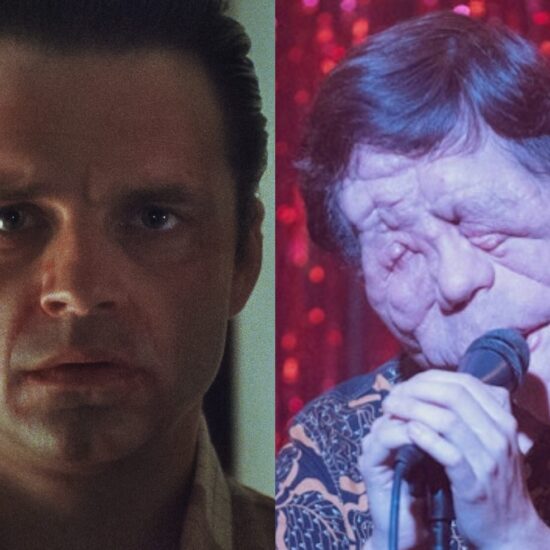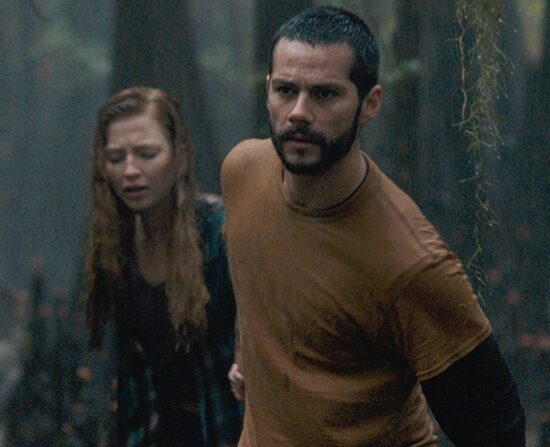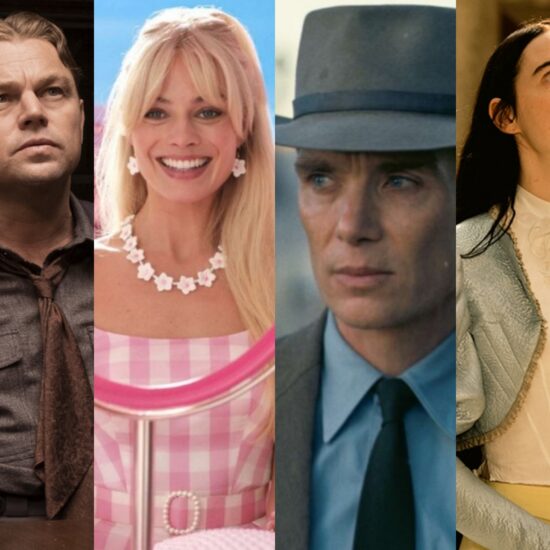
Why do you watch movies? For many, it’s a form of entertainment. Millions of viewers turn to film purely for entertainment. But there’s another group of people that rely on movies for a much deeper purpose—coping and healing.
Without a doubt, movies and other arts have played a significant role in the therapeutic and healing processes of many people.
Incorporating the Arts Into Therapy
Expressive therapy uses the creative arts to help individuals navigate emotional, psychological, and physical challenges to promote growth, healing, and expression. The creative arts include film, dance, drama, writing, and poetry.
Because there are so many creative outlets to use in this kind of therapy, it can accommodate the needs and interests of different people, which is a part of the reason why it’s used today.
Film is far from the only genre with therapeutic benefits. Also falling under the expressive therapy umbrella is music therapy. Music therapy uses clinical and evidence-based music interventions to help patients process trauma, become more accepting of themselves, and achieve other therapy goals.
Whether a patient is creating music or listening to it, the hope is that they’ve found something that helps them work through what they need to work through.
And of course, we can’t overlook film’s use in expressive therapy.
Cinema Therapy and What Our Brains Do When We Watch Films
Cinema therapy or movie therapy is a form of therapy or self-help that uses films to help patients draw meaningful insights, inspiration, and mental and emotional releases that inspire change and personal development.
PsychCentral elaborates on an article by Bronwyn Robertson, a licensed professional counselor, where she talks about the healing power of movies and TV. She gives some great insight into what happens with our brains when we watch movies.
“Cinema can engage people at a very deep level,” Robertson explains. “It can move beyond traditional talk therapies because it’s multi-sensory and can quickly trigger perceptual, cognitive, and emotional processes. Watching cinema can activate areas of the brain associated with emotional processing, reflection, problem-solving, and empathy.”
Movies and TV shows can offer the messages we need to hear to spark growth and change. They also give us characters that we see ourselves in.
Take Crazy Ex-Girlfriend or You’re the Worst, for example. Instead of relying on the tired negative stigmas around living with a mental health condition, they present the experience in a more positive, human way. And this is exactly what so many people living with various mental conditions need to propel them forward in their healing journeys.
Cinema also taps into more than one sense at a time. Rather than just hearing it, you see it, and if you close your eyes and use your imagination, sometimes you can touch, taste, and smell it. Tapping into all of these senses makes it more likely we’ll make a connection with the film and learn something from it.
Moreover, as with the endless variety of movies, there are many different approaches to cinema therapy. So, it benefits patients of all backgrounds, experiences, and stages of life.
For example, let’s say a person is struggling with mental wellness in their golden years. Their mental health goal may be to stop isolating and learn to cope with stress better. Watching films with friends or in a therapeutic setting can help.
They can see someone they resonate with struggling with the same challenges they do and how this character was able to work through them. And that, in turn, hopefully, inspires the patient to adopt some of the practices the character did to improve their mental health and well-being.
The key to achieving results with cinema therapy is watching the right movies and working with a therapist who specializes in the discipline. However, just as important is a sensitivity to the storytelling in a given movie.
How Storytelling in Films Aids Healing
There’s some research out there that indicates people are more likely to remember facts or statistics when they’re presented in story form.
Not only that, stories are more human and genuine. They’re easier for people to understand and see themselves in when told in an authentic, engaging way.
This is especially important for healing because sometimes we can’t take ourselves out of the situation we’re in and see it from a different perspective. But we need to because doing so can fast-track healing. Instead of being so consumed by the pain or circumstance, you can see ways to healthily navigate the situation because you’ve stepped outside yourself.
Storytelling is the foundation of good films. From the setting to the characters to the plot and the ending, everything is woven together into a story that people can grasp. If it’s the right story, in the right movie, for the right person, it can be a transformative experience that prompts growth and healing.
Interested in Using Films in Your Healing? Start Here.
Whether you choose to go the self-help or formal therapy route by watching films for healing, write down some goals and thoughts you have about the process.
For example, why do you think movie therapy is a good choice for you? What do you want to get out of watching movies for healing? Where do you want to be at the end of the process?
If you want to enter into formal cinema therapy, research therapists with this specialty in your area. Give some a call and find out exactly what they can do for you and the costs and time commitment required. When you think you’ve found the right one, schedule your first appointment.
If you want to start with the self-help approach, research movies that can help you learn the lessons or reach the goals you’re trying to reach. Compile a decent-sized list. When you watch the movies, do so intently. Take notes if that suits you.
The goal is to get what you need in your healing journey through movies, no matter the pathway you choose.
Amanda Winstead is a writer from the Portland area with a background in communications and a passion for telling stories. Along with writing she enjoys traveling, reading, working out, and going to concerts. If you want to follow her writing journey, or even just say hi you can find her on Twitter.














